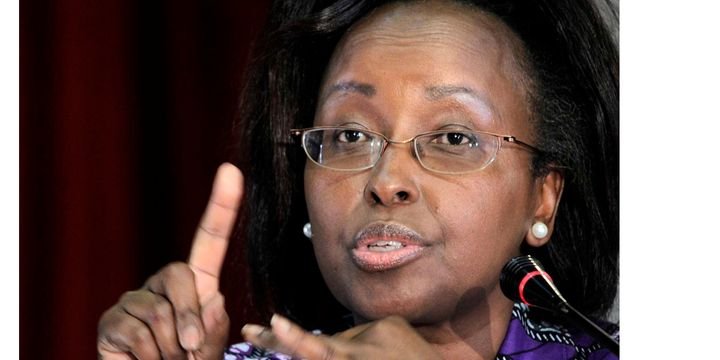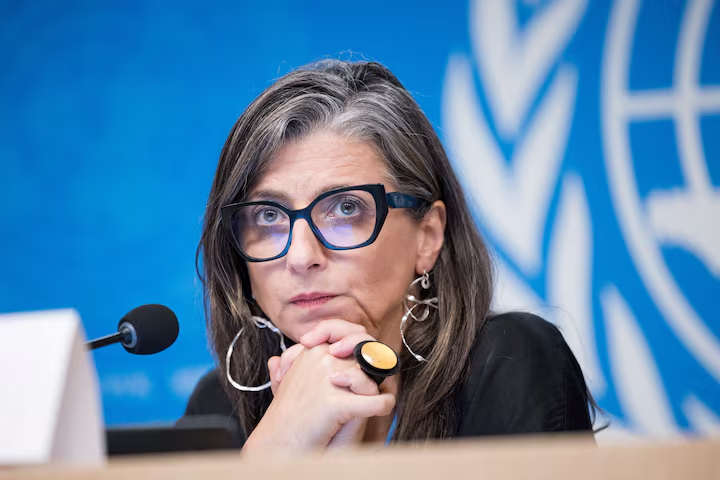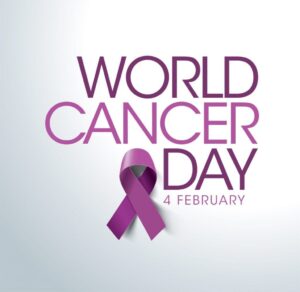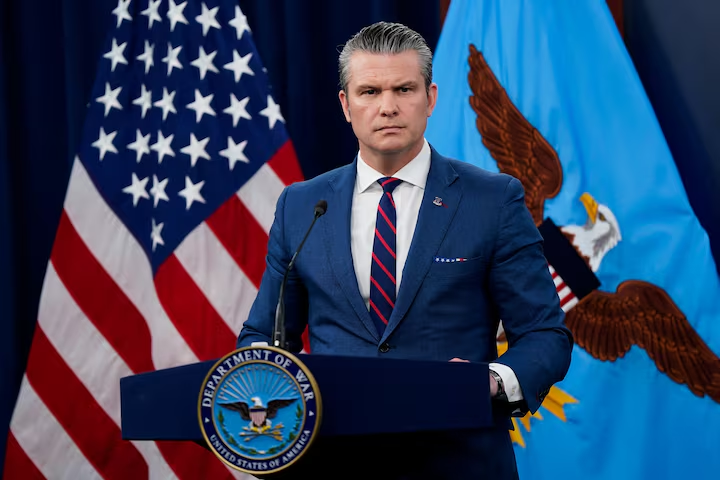
Africa and the world are staring at a genocide in the Tigray region of Ethiopia similar to that in Rwanda in 1994, UN investigators, local and regional observers have warned.
The groups say the Ethiopia National Defence Forces (ENDF), Eritrea Defence Forces (EDF) and allied militias on one side and the Tigrayan forces have separately committed atrocities against civilians that violate international human rights, humanitarian and criminal law populations, with Tigrayans bearing the brunt of the attacks.
A report from the United Nations International Commission of Human Rights Experts on Ethiopia released at the UN General Assembly on Thursday reveals that rights violations have been committed since fighting erupted in Tigray in November 2020.
The report concludes that there are reasonable grounds to believe that violations, such as extrajudicial killings, rape, sexual violence, and starvation of the civilian population as a method of warfare have been committed in Ethiopia since 3 November 2020,” the report says.
“The Commission finds reasonable grounds to believe that, in several instances, these violations amount to war crimes and crimes against humanity.”
The continued blockade of the Tigray region by the ENDF that has blocked access to essential services such as food, healthcare, telephone, banking and restricted humanitarian assistance, and the shelling of farmlands have left more than 20 million people in need of assistance and protection, the investigators said.
The UN commission was convinced that the blockade was deliberate, and that the denial of food and healthcare to the Tigray population violates the prohibition against the use of starvation of civilians as a method of warfare, as well as the obligation of each party to a conflict to allow and facilitate the delivery of impartial humanitarian relief.
UN chairperson of Ethiopia Commission Betty Murungi describes the humanitarian crisis in Tigray as “shocking, both in terms of scale and duration”.
“The widespread denial and obstruction of access to basic services, food, healthcare, and humanitarian assistance is having a devastating impact on the civilian population, and we have reasonable grounds to believe it amounts to a crime against humanity,” she said.
In an attempt to uncover what is going on in Tigray, a region closed to local and international media since the war started, Nation.Africa on Thursday hosted a Twitter Space discussion with researchers, human rights activists, the media, and security experts on the challenges facing Ethiopia.
Since the war resumed on August 24 after five months of a humanitarian truce, most of the speakers concurred that the world does not know the exact suffering of the people of Tigray.
“What the world is listening to is basically from the government side, which exposes only what it believes favours them. Not much is known about the war in Tigray,’ said Basha Desta, a Tigrayan human rights activist.
“For two years, the people have experienced intense war waged against them by the federal government, the Eritrean army, and the local militias from Amhara. The Tigray people are fighting to defend themselves and their survival, which they are entitled to.”
The federal government under Prime Minister Ahmed Abiy initially allowed international journalists into Tigray, only to kick them out after they exposed widespread human rights violations, said According to Meaza Gebremedhin, an independent human rights researcher and advocate.
“The government has intimidated both local and international media by insisting that the Tigray region is a war zone and they could not guarantee their safety. What we are seeing is an intended genocide, where Eritrean has joined hands with the federal government in an effort to exterminate the people of Tigray.”
She added: “They now want to invade all parts of Tigray and are using drones to attack even hospitals and kindergartens on top of the hate speech that is being spread around against the people of Tigray including national television stations.”
She argued that the government used the five-month humanitarian truce to regroup.
While those from Tigray, such as Mr Desta, insist that the Tigray People’s Liberation Front (TPLF) is a political party that has no military capabilities, those supporting the federal government argued that TPLF is a criminal organisation that triggered the war by attacking the ENDF in the northern command on November 4, 2020.
“Calling TPLF a criminal and vile organisation does not amount to hate speech, because TPLF is not the people of Tigray, who are our sisters and brothers,” said MIMI, an Ethiopian national.
Eritrea re-entered the war after allegedly withdrawing last year but experts say its forces never actually left the Tigray region.
There are questions about the real interests of Asmara in the Ethiopian civil war. Some analysts believe Eritrean President Isaias Afwerki is taking advantage of the situation to take revenge against his arch-enemy, the TPLF, which frustrated him during the two-year war with Ethiopia between 1998 and 2000 over the border town of Badme.








